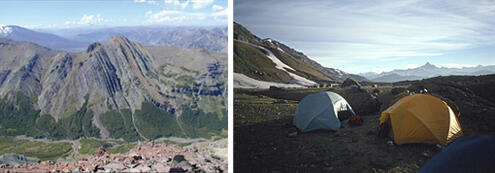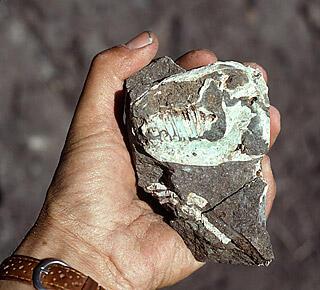Hi Adam,
I've had the good fortune to be able to search for fossils on many continents. During more than 30 expeditions, I have traveled to North America ( Mexico , Wyoming, Colorado, Montana, Texas, California), South America (Chile, Colombia, Perú ), Africa ( Madagascar ), and Asia (India, Mongolia ).
Some of the most exciting fossils we've found are from the Andes Mountains of Chile in South America. My team and I discovered more than 2,000 mammal fossils!




 Biodiversity
Biodiversity
 Brain
Brain
 Genetics
Genetics
 Marine BiOLogy
Marine BiOLogy
 MicrobiOLogy
MicrobiOLogy
 PaleontOLogy
PaleontOLogy
 ZoOLogy
ZoOLogy
 AnthropOLogy
AnthropOLogy
 ArchaeOLogy
ArchaeOLogy
 Astronomy
Astronomy
 Climate Change
Climate Change
 Earth
Earth
 Physics
Physics
 Water
Water




